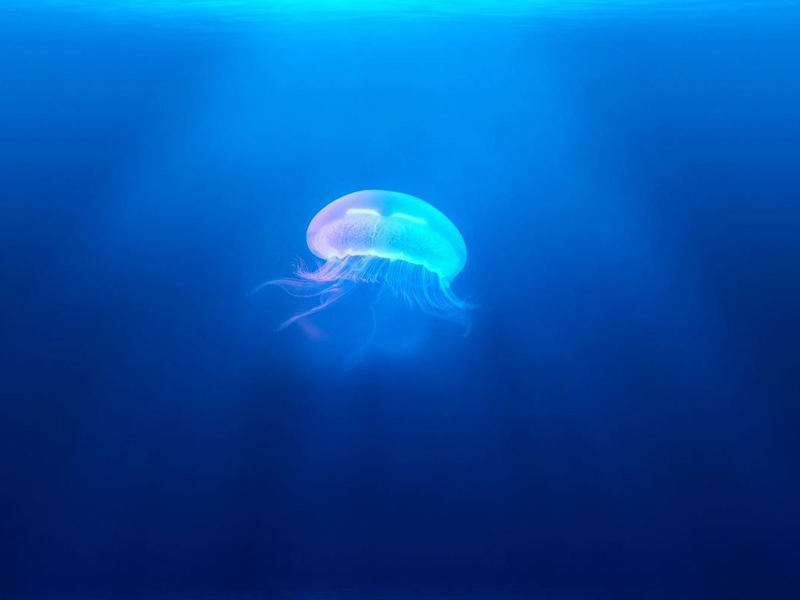Jellyfish medical findings
As the world's population grows, people seek creative approaches to support their growing communities. With more limited access to food, energy, and medicine, it is essential to come up with inventive ideas and tap into resources that have been previously neglected. Therefore, it is now more important than ever to think creatively and make use of what may have been previously overlooked.
Jellyfish, with their captivating beauty and potentially fatal sting, belong to the phylum Cnidaria and are grouped into the classes Hydrozoa, Scyphozoa, and Cubozoa.
They are incredible animals that offer a wealth of possibilities and commercial potential. However, it would be a shame to simply discard the dead jellyfish caught up in nets. This article has outlined several potential uses for these remarkable creatures.
Glow in the dark!
For decades, scientists have explored the remarkable ability of certain animals to glow in the dark - a power that can help them protect themselves from predators, signal to one another, or attract mates. A fascinating example is the bioluminescent jellyfish Aequorea victoria, which glows from a special protein known as Green Fluorescent Protein (GFP).
Remarkably, GFP has since been used for tagging cancer and nerve cells in biomedical research, allowing for precise targeting during clinical treatments.
Fascinating, isn't it?
Proteins
Jellyfish are a true powerhouse of protein - a complex polymer known as collagen.
This collagen is not only found in jellyfish but also in human cells. Collagen is very important in the repair of human tissues, such as cuts, as well as strengthening immune responses. For this reason, many medical products, like bandages and drugs, incorporate jellyfish collagen, making it a very compatible resource with human collagen.
The immortal jellyfish
Up until now, there is only one species that has been considered as 'biologically immortal' - the amazing Turritopsis dohrnii jellyfish. These delicate, transparent creatures can be found in oceans around the world, and are unique in their ability to turn back time by reverting to an earlier stage of their life cycle. However, despite this seemingly 'immortal' trait, they can still be destroyed by predators or other means. Even so, their remarkable skill to adapt to adverse situations means they could theoretically live forever.
Anti-cancer venom
People often think of jellyfish as dangerous and something to be avoided, but the venom they contain could be the answer to a serious medical challenge.
Recent studies have already shown that scyphozoan venoms could be used to create anti-cancer drugs, with promising results in the battle against colon cancer, brain cancer, and liver cancer cells in humans.
These findings have been highly encouraging!
References:
https://www.science.org.au
https://oceanbites.org


